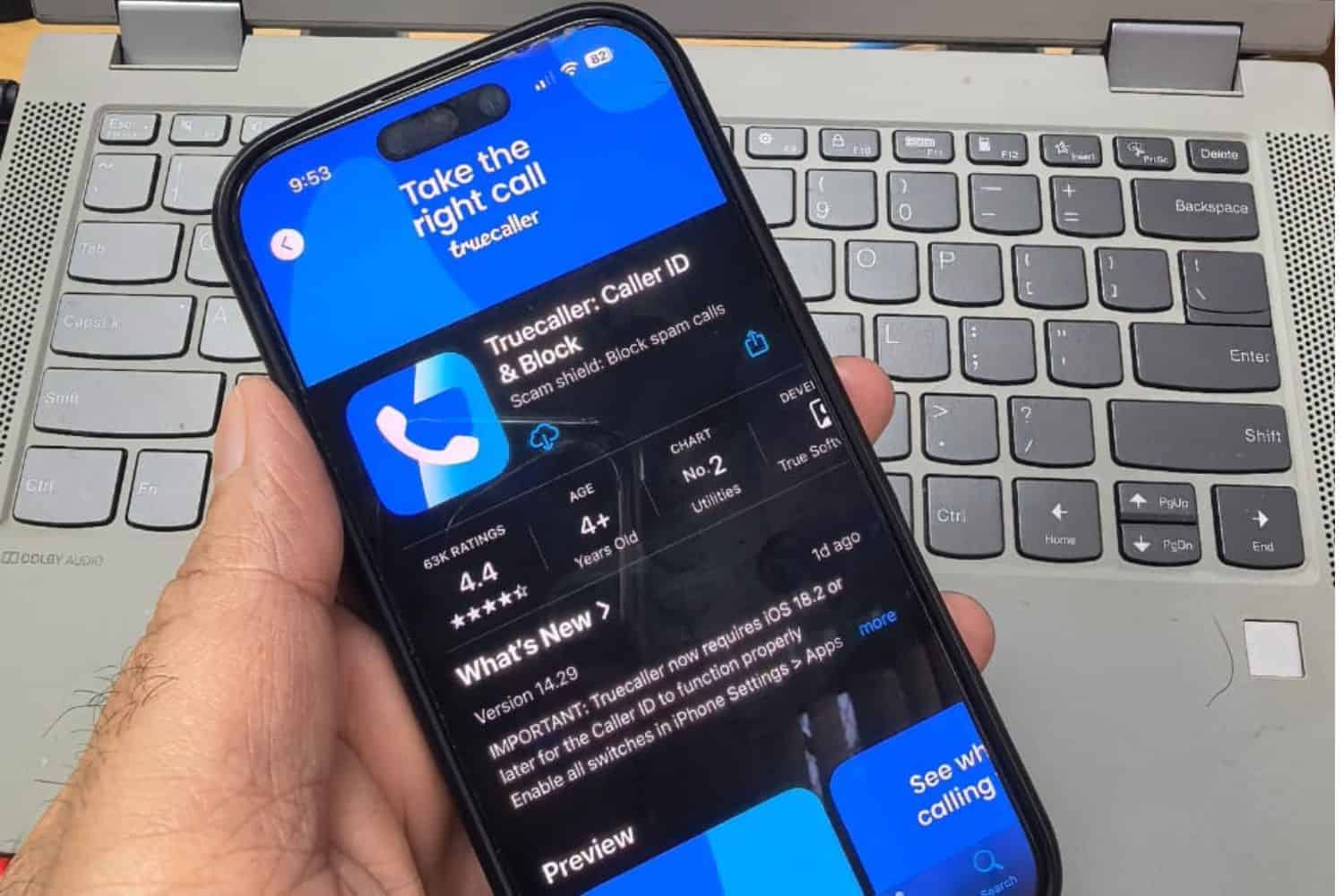Companies have complained that Truecaller harms their businesses and charges a fee for them to be whitelisted.

The Information Regulator has confirmed it is investigating a complaint against Truecaller by several companies and individuals for violating the Protection of Personal Information Act (Popia).
Truecaller is a mobile app that helps users identify unknown callers, block spam and scam calls, and manage their communication more effectively.
Truecaller
It also acts as a caller ID and spam blocker, using an AI community-based system to identify and flag potentially unwanted calls and messages.
South Africans use the app extensively to identify unknown calls, especially from call centre agents.
Companies have complained that the Trucaller app harms their businesses because it flags their numbers and charges a fee to whitelist them.
Investigation
The Information Regulator’s spokesperson Nomzamo Zondi said Truecaller has been accused of interfering with the privacy of an individual.
“We received a complaint from a data subject that Truecaller allegedly interfered with their right to privacy, and the matter is still under investigation.
“Only upon conclusion of the investigation, we will make a pronouncement,” Zondi said.
ALSO READ: South Africa’s Information Regulator acts against FT Rams over privacy law breach
Direct link
Law firm Norton Rose Fulbright’s Rosalind Lake told The Citizen the Information Regulator would need to show a direct link that businesses have been affected by the Truecaller app.
“There’s been a lot of scrutiny by the Information Regulator about direct marketing, and they have issued guidelines regarding direct marketing, and it’s something that the regulator is very focused on.
“I think… data subjects (people) want the right to not be contacted, and so for any kind of claim, they have to show that there’s a direct link in what Truecaller does and the harm to business, and I’m not sure that that is immediately apparent,” Lake said.
Popia provisions
Werksmans Attorneys director Ahmore Burger-Smidt told The Citizen that Truecaller was at odds with several Popia provisions.
“In the first instance, we need to recognise that there are two sides to this proverbial coin that we looking at. On the one hand, we’ve got South African citizens, individuals that receive unwanted calls, and they do have the right in terms of the protection of personal information to say we do not want these calls, and we feel we do not want spam, do not phone me and delete my number from your database.
“Truecaller fulfils this function, that you receive a call and you can say this is spam. [You can say] I don’t want them to call me and then they get flagged on the Truecaller side as a spam number,” Burger-Smidt said.
Spam
She said if someone notifies Truecaller of a spam number, it means the call centre of the company that the number belongs to will not be able to reach its legitimate customers who have the Truecaller app on their mobile phones.
“The call centre phones the customer, the number will come up as spam and naturally the customer won’t answer the call. Here lies the conundrum. How do I still, as a [call centre] contact my customers, and how do I prevent Truecaller from reflecting my call centre number as a spam number?
“So, on one side there are people and individuals that find it extremely helpful and on the other side of the coin people trying to reach their customers find it terribly frustrating,” Burger-Smidt said.
ALSO READ: Google to study Competition Commission report on R500m payment
Tough balance
Lake said there’s always a tough balance between data privacy and people’s rights to carry on with their business.
“There are clear rules under Popia for people to engage in goal for direct marketing and they should do so and also for consumers, the Direct Marketing Association runs a website called Nationaloptout.co.za where people can register the details, and so that people who are members of the Direct Marketing Association will not contact people who registered on that site.”
Violation
The Information Regulator’s investigation could set a precedent for how tech platforms handle South African data.
If found non-compliant, Truecaller might face enforcement notices, requiring changes like better consent mechanisms or data deletion options.
The regulator has previously fined companies for Popia breaches, including a R5 million penalty against a direct marketer in 2023 for spam messages.
The Citizen has contacted Truecaller for comment. It will be added to the story when received.
ALSO READ: Information regulator slaps DoJ with R5m fine for contravening privacy act
Support Local Journalism
Add The Citizen as a Preferred Source on Google and follow us on Google News to see more of our trusted reporting in Google News and Top Stories.






